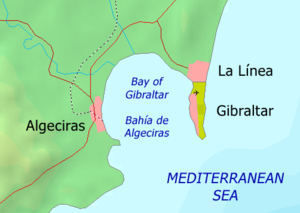Empty? Full? Something in Between?
In this article, Langdon Winner champions the need to look more closely at technical artifacts, the varieties of technical knowledge, and social actors. He views these research focus areas as black boxes much as Bruno Latour describes the concept in actor-network theory (ANT). He notes how constructivism also helps us consider these as well as the “interpretive flexibility of technical artifacts” (p. 366). Winner describes this sort of constructivist research as a narrow understanding of society in terms of ‘environment’ or ‘context’ that influences technology choices made. As helpful as this approach is, Winner argues that the narrowness of this perspective disregards important questions.
For Winner, the constructivist approach is a backward looking perspective with focus on technological origin and adoption. While constructivists note how context influences technology choice, it’s proponents often leave out social consequences that result once a technical choice is made. Constructivism tends to adhere to Latour’s concept of networks. By considering only those identified as actors who directly influence a given technology, groups considered ‘irrelevant’ are simply left out. ANT in particular notes dynamics of immediate needs, interests, problems, and solutions. While perhaps partially fulfilling some or all of those societal concerns, Winner notes the same technology often erodes community such as modern communications that can encourage human isolation.
By concentrating current and past interaction of technology and society, Winner points out, constructivism is essentially ignoring judgement (political, moral) of social use of artifacts. Temporally, he says, this is looking only at the present and the past with no thought toward potential futures. For Winner, this is a partial view that leaves empty the ‘black box’ constructivists claim to be opening up for examination. Couldn’t one argue instead that such an approach is not looking at an empty box, but perhaps conducting a partial inspection of the contents?
| upon_opening_the_black_box |





 RSS Feed
RSS Feed